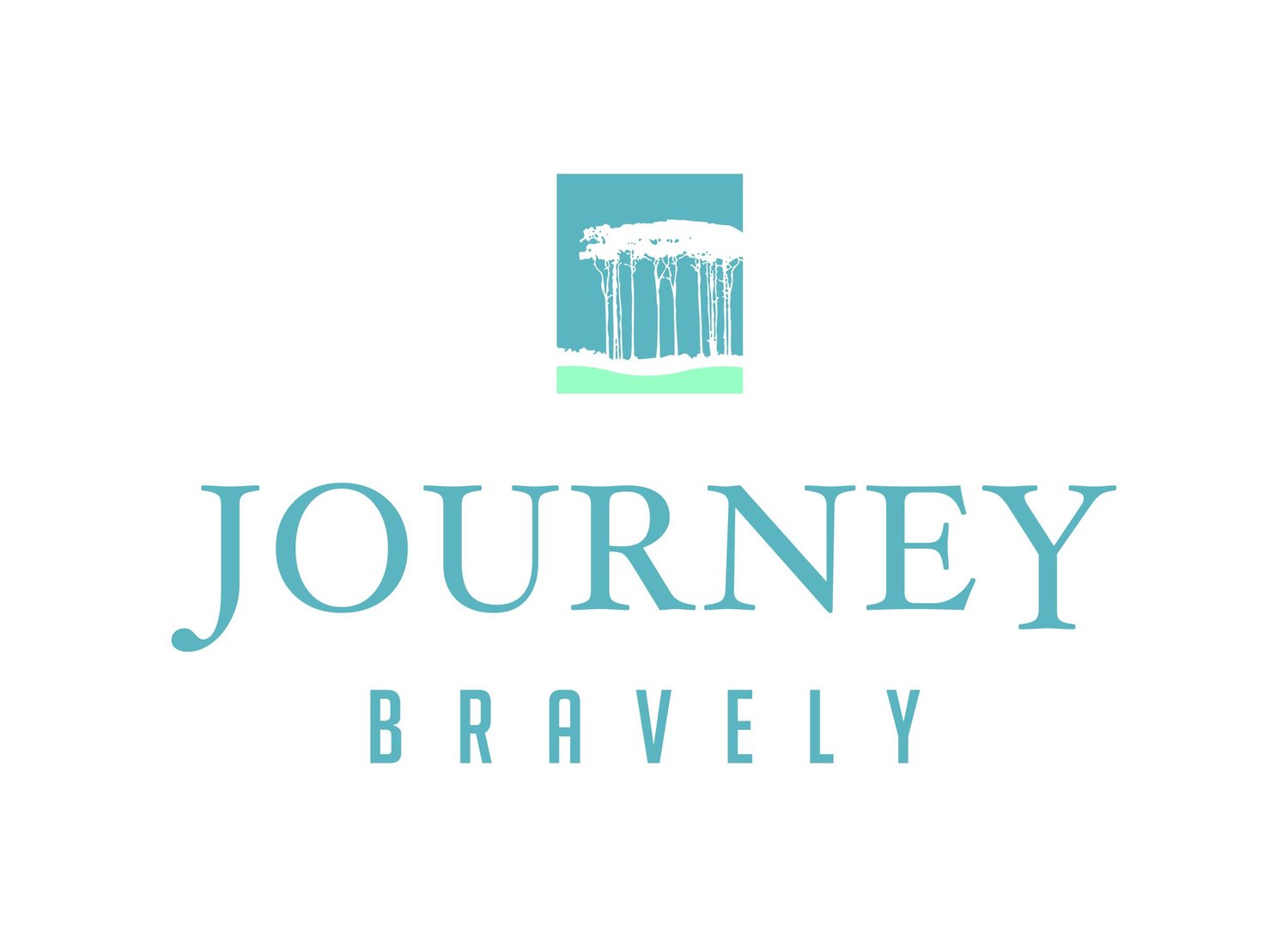We are all feeling emotionally disoriented as we walk through this unprecedented pandemic experience. Maybe you find yourself reading news and feeling fearful and anxious. Maybe you feel annoyed and angry every time another restriction is placed on your community. Maybe you’re sad that your special trip, Prom, graduation, or wedding has been postponed or cancelled after months of hoping and planning. Maybe you’re feeling devastated because you cannot comfort someone you love who has COVID-19 or you haven’t been able to attend a funeral in person. Maybe you’re facing a positive diagnosis yourself.
So much is happening around us that is very much out of our control and the way we understood life before the pandemic has been taken from us. This whole experience is an emotional roller coaster. Some of us are irritable, some claustrophobic, some controlling, some numbing out, some seeking perfection in isolating, some exhausted, some tackling home projects, some trying obsessively to be positive. But, at the heart of it, all of these emotional responses are forms of grief. We are all in the midst of some form of loss. Loss of freedom, loss of physical connection, loss of comfort, loss of hope, loss of person, loss of job, loss of income.
Our grief shows itself in our confusion, our big emotions, and in our stress behaviors. It’s tempting to be avoidant of our feelings because they are uncomfortable, rapidly cycling, and difficult to manage. But, pushing down feelings is counterproductive, keeps you stuck, and does not move you to the other side where you can find acceptance and peace. And, people who stuff emotion, often are at higher risk for forms of anxiety, depression, chronic pain, migraines, and stomach problems.
So, we’re all grieving and our emotions feel out of control….so now what?
When we experience various forms of grief, the healthiest thing we can do is CREATE SPACE TO FEEL OUR EMOTIONS. Don’t swallow feelings, push them aside, or avoid them. Instead try the following:
Let the feeling rise like a wave. Let it surface and give it space to exist.
Be mindful not to immediately launch into avoidance or fixing strategies.
Say to yourself, “I feel sad, mad, overwhelmed, scared…..”
Validate your feeling, “This situation is weird and hard, it makes sense that I’m overwhelmed.”
Remind yourself that the feeling is temporary, “I’m not always going to feel this overwhelmed.”
Take deep breaths while you sit with the feeling.
Give yourself permission to surrender the feeling to God and ride the wave knowing it will move on soon.
Give your emotion a way to escape your body such as crying, running, drawing, singing, talking it out.
Give yourself permission to ask for help and support when you need it.
Giving space to your grief helps you feel better and helps you prevent the unhealth that comes with emotional stuffing and avoidance. You are most certainly not alone in your struggle. This may be the time to begin some online counseling to get additional support in working through the high intensity emotions you’re experiencing. Journey Bravely is currently accepting new clients and providing professional online counseling, also known as online therapy, telemental health, Telehealth, and distance counseling to support those living in Oklahoma and Florida through this difficult time. We look forward to connecting with you.
If you’re struggling with the pandemic or something else and are wanting to connect for online counseling, Journey Bravely is here to help you get started with online counseling this week. Call 918-221-9987 for your free 15 minute consultation call or if you’re ready to schedule your initial online counseling session, connect to our client portal to schedule now here.
Written By: Stephenie Craig, LCSW
Stephenie is a Licensed Clinical Social Worker with 18 years experience specializing in emotional/relational health counseling. Stephenie loves hearing others’ stories and helping people find new perspective that produces peace, healing, and connection through individual counseling. Stephenie provides treatment for adults, teenagers, couples, and families with anxiety symptoms, parenting struggles, teen issues, depression, grief, divorce, and other life transitions. Realizing your life is out of balance and ready to schedule your initial counseling session? Connect here for information about counseling Stephenie provides and get your initial therapy session scheduled.




















